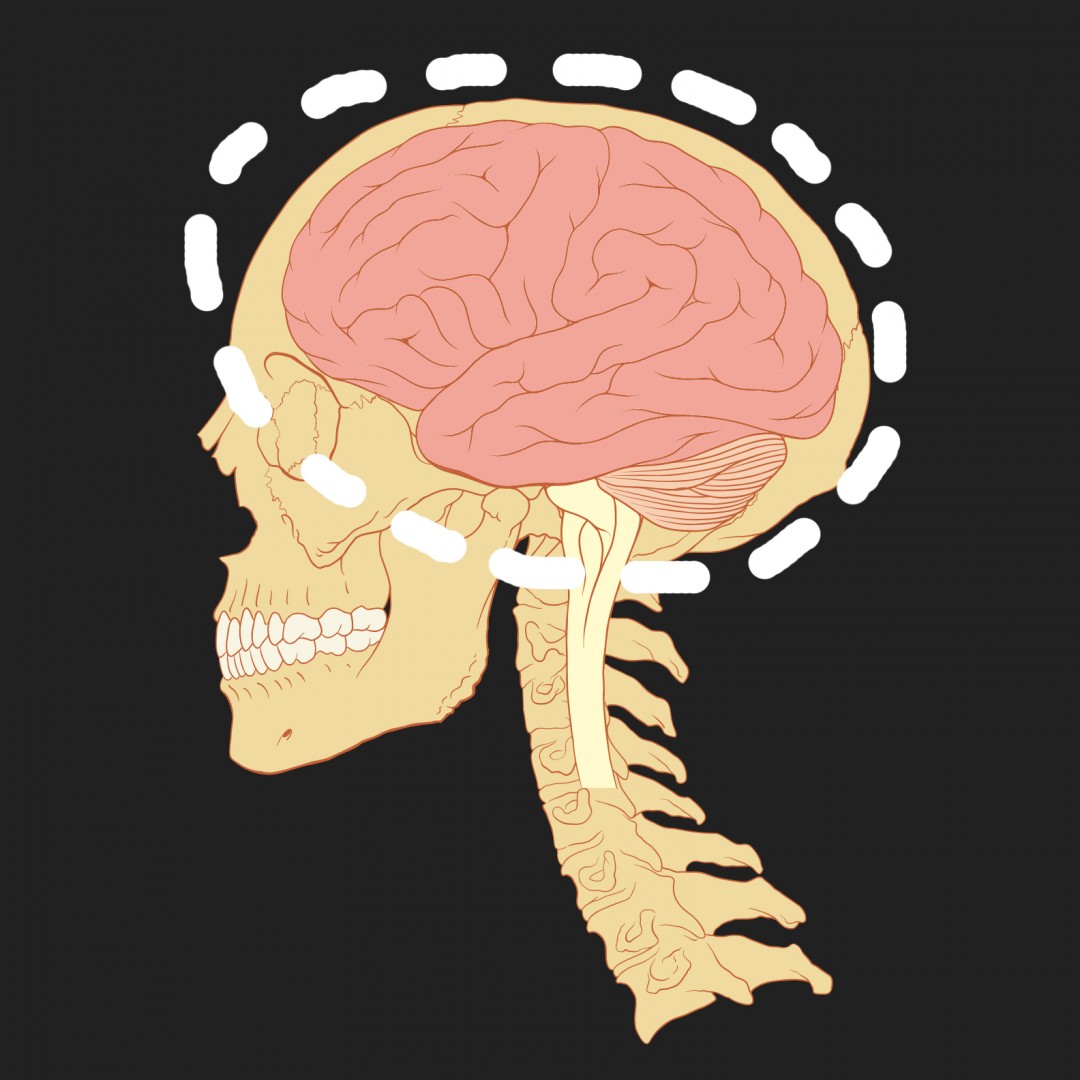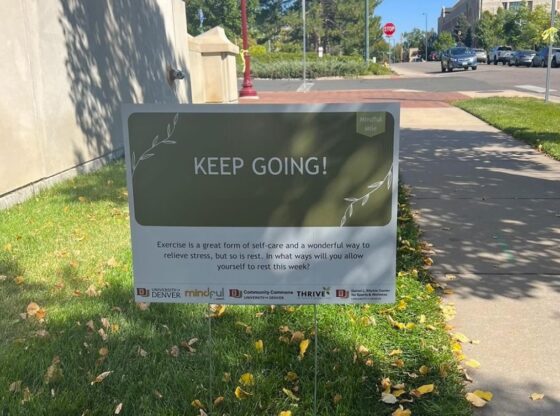While mental health may not be on the forefront of many students’ minds on a day-to-day basis, the Health and Counseling Center has dedicated this week to putting the issue front and center. Mental Health Week kicked off April 6, with events dedicated to taking the stigma away from mental illness and raising awareness of the different mental struggles that many college students face.
The week includes a multitude of events, including mental health trivia, various movie screenings, stress and wellness evaluations, presentations on stress and other issues, a mental health symposium and free shirts and bracelets on Driscoll Bridge. An entire schedule of events can be found on the Health and Counseling Center’s website.
While mental health may be easy to throw to the wayside, rates of mental illness on college campuses are startling. According to a report by the National College Health Association, one third of college students reported feeling so depressed that it was hard to function, half felt overwhelming anxiety in the past year and 8 percent seriously considered suicide.
To put this last statistic into perspective, suicide is the third leading cause of death for people from 15 to 24, according to a report by the CDC.
However, while the statistics are startling, mental health is often not a priority when tests, internships and homework take precedent. It’s easy to think of ourselves as invincible, or at least assume that mental illness is something that happens to others and not to us.
I can say from personal experience that realizing and admitting to yourself that you are mentally ill is not an easy task. It is easy to deny to yourself. “Everyone gets stressed out,” “Everyone is sad sometimes”,,and “I just need to snap out of it” can become phrases to deflect what can be a very serious problem. Whether it be because of a stigma surrounding mental illness, not wanting to be ‘dramatic’ or simply not knowing that what you are feeling is abnormal, there are plenty of barriers to diagnosis and treatment for the mentally ill.
However, any state of mind or pervading emotions that just doesn’t feel right are worth talking about with someone else. Whether you feel completely overwhelmed, have been feeling blue for an abnormal period of time or anything else feels off, talking with a friend or a counselor can not only help lift the weight from your shoulders, but can also help you understand when things have gone from normal to something more.
Likewise, if one of your friends has been acting a bit off, or seems more stressed than usual, it is always a good idea to see how he or she is doing. If it is a close friend, asking if they are okay or if anything is wrong is not only a kind gesture, but can make a big impact.
If you are especially concerned about a friend or acquaintance, submit a Pioneers CARE report to refer a student to the program, in which staff of Pioneers CARE will reach out to him or her and help find resources to benefit their situation.
Our lives are so busy that making time just to relax and reflect on our own mental health may seem nearly impossible but it is paramount to be in touch with the state of your psyche. So take a few hours out of your week and make it out to a few of the events for Mental Health Week. You’ll be glad that you did.
For answers and help about mental illness, call the Health and Counseling Center at 303-871-2205.
Make sure to follow the hashtag #NotEveryStruggle, the Health and Councling Center’s social media campaign for mental health week, emphasizing that not every struggle is visible.











